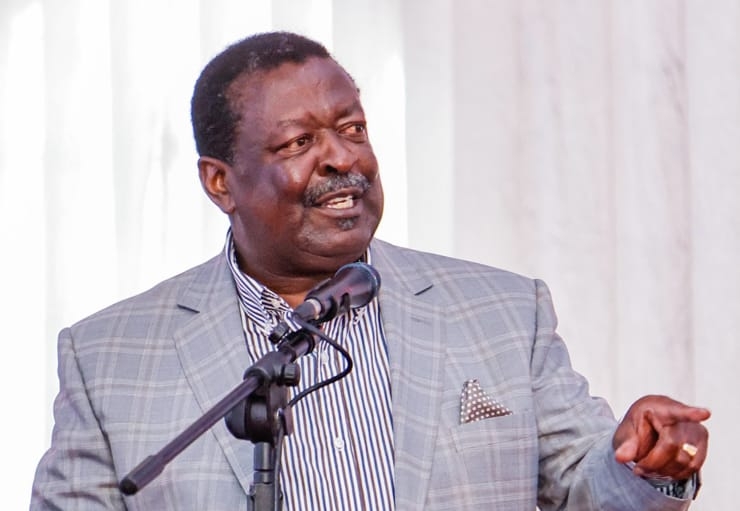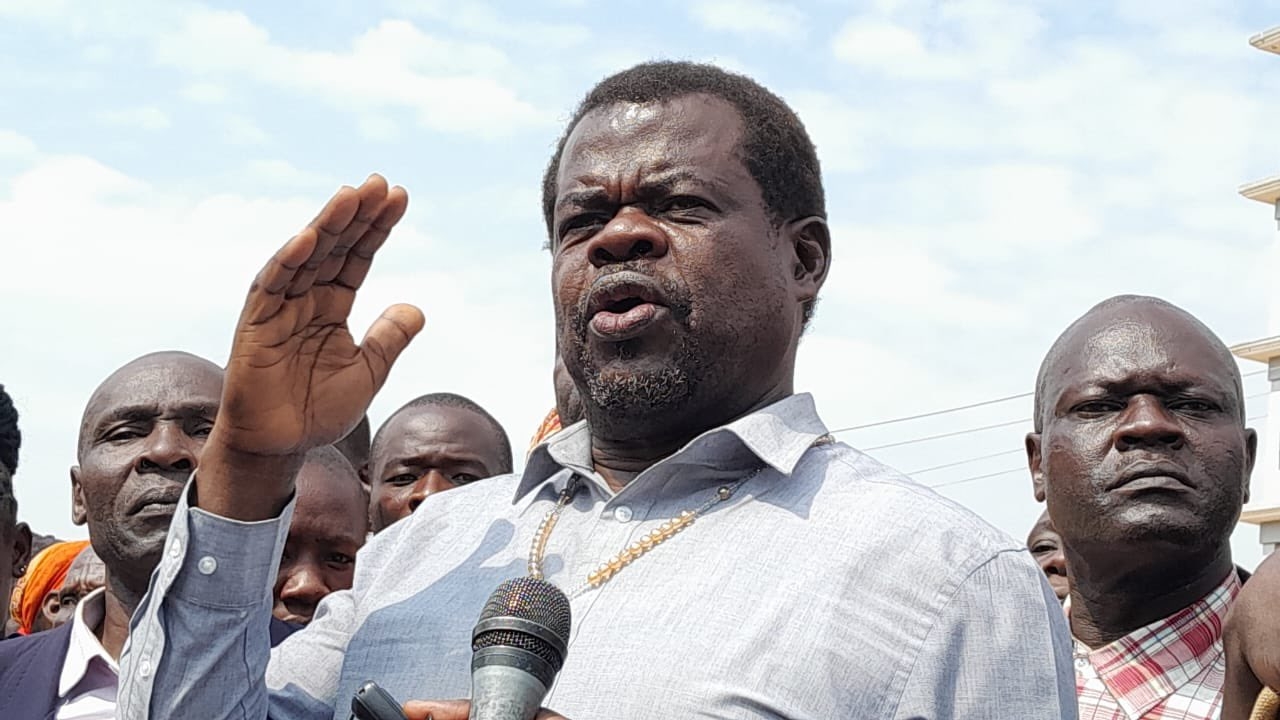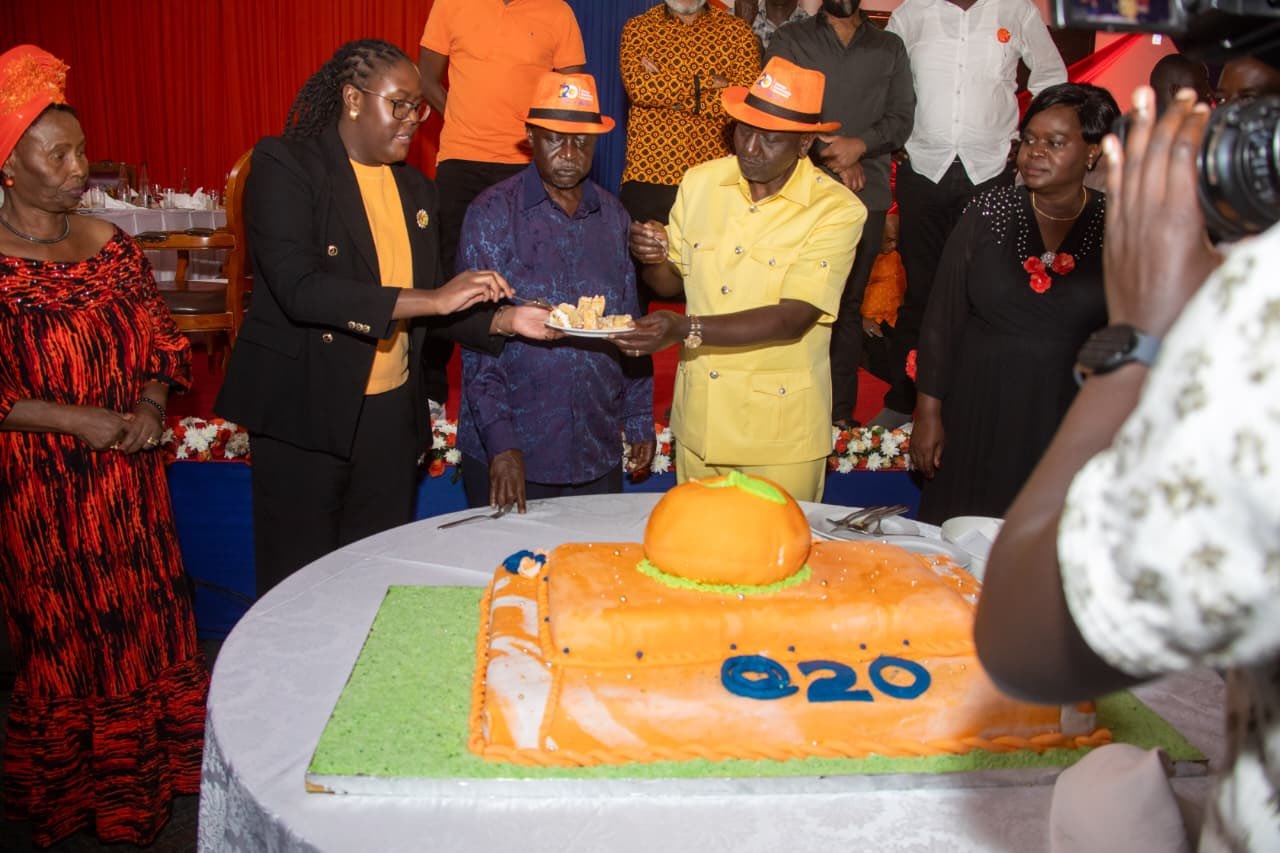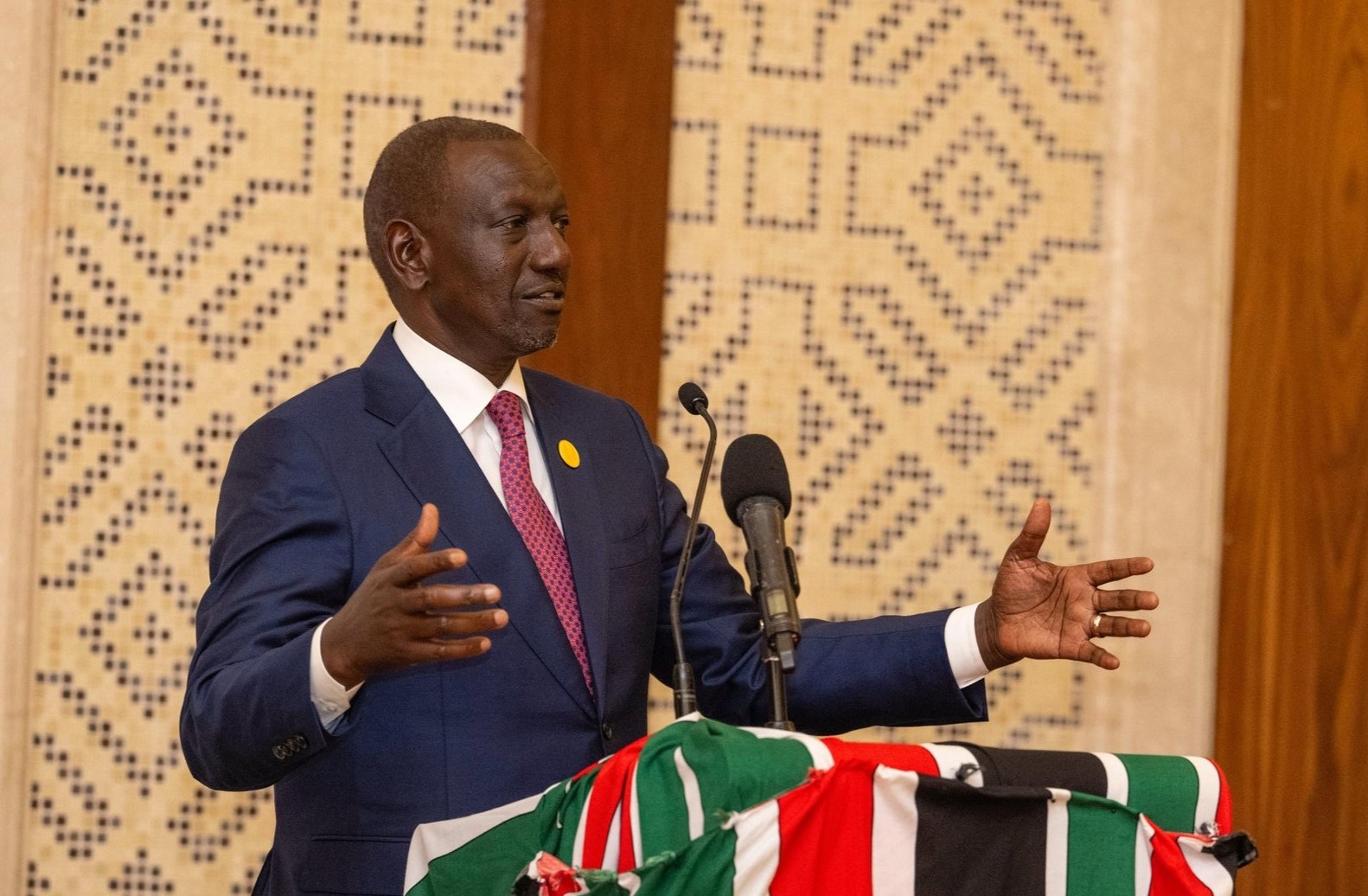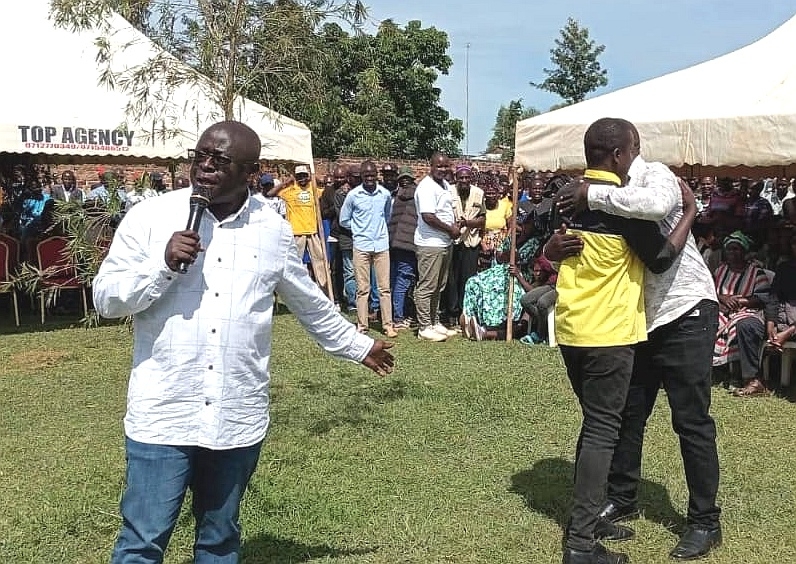Azimio has demanded that the IEBC (Amendment) Bill, 2024 be immediately signed into law.
In a statement on Wednesday, Azimio co-principal Kalonzo Musyoka said they are aware that the Bill has been sitting on the desk for days.
"As a Coalition, we call out Ruto and demand that he assent to this essential Bill that allows citizens to hold their representatives in the Legislature accountable," he said.
At the same time, he said the coalition party has officially through its constituent party mechanisms, put on notice all Azimio legislators who went against the wishes of the people.
"We are supporting the call for their recall," he said.
The process of recalling an MP is governed by the Constitution and the Elections Act.
The law says to initiate a recall of an MP, a voter from the constituency must file a petition with the electoral commission with signatures from at least 30 per cent of voters from the constituency and 15 per cent from each ward.
The recall is successful if at least 50 per cent of the voters in the constituency participate in the polls.
MPs can be recalled on four grounds: Gross violation of the Constitution or any other law, committing an offence under the Elections Act, misconduct likely to bring disrepute to the office and if the MP is found to have mismanaged public funds.
“A recall of an MP shall only be initiated upon a judgment or finding by the High Court confirming the grounds of violation of provisions of Chapter Six of the Constitution, mismanagement of public resources and or conviction for an offence under the Elections Act,” the law says.
The recall process has five stages.
The process can be initiated by a registered voter in the respective constituency.
The petitioner must collect signatures from at least 30 per cent of registered voters in the constituency.
The second stage is the submission of the collected signatures to the IEBC.
The signatures must be accompanied by a list specifying the grounds upon which the petitioner wants the MP sent home, evidence supporting the claims and a statutory declaration satisfying the signatures.
Next, IEBC will verify the signatures and the validity of the petition.
If the commission finds that the petition meets the threshold, it will notify the MP who will then have an opportunity to respond to the allegations.
IEBC will then notify the Speaker of Parliament within 15 days of the verification of the petition and proceed to initiate the recall.
The Commission will then hold fresh elections within 90 days of the verification of the petition.
The MP will lose the seat if a simple majority of the electorate votes in the recall election to remove them from office.
IEBC will then organise a by-election to replace the MP.






